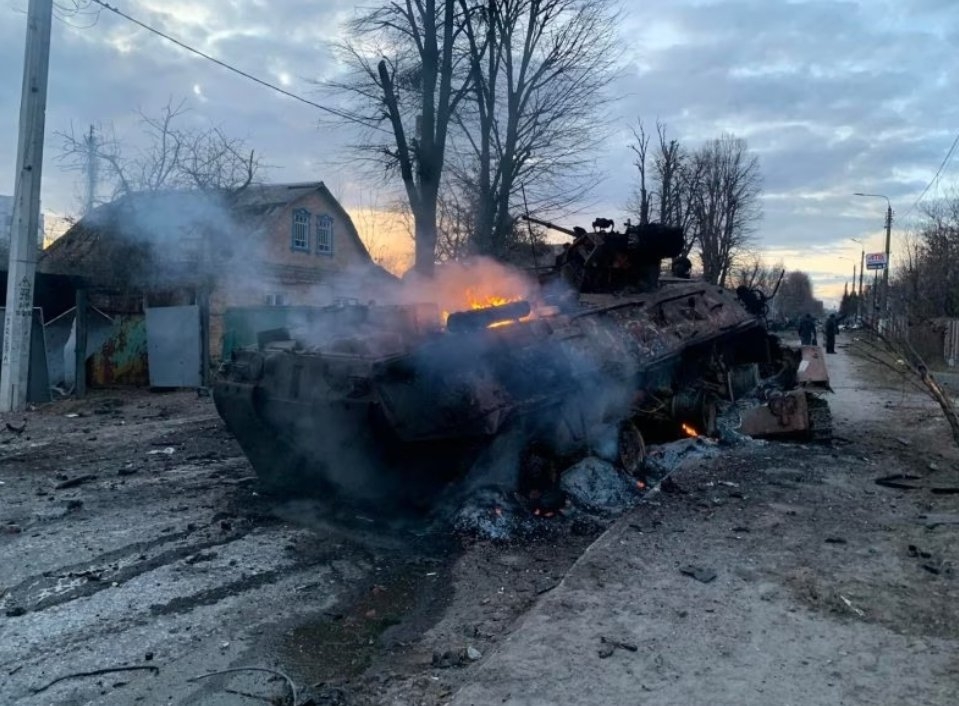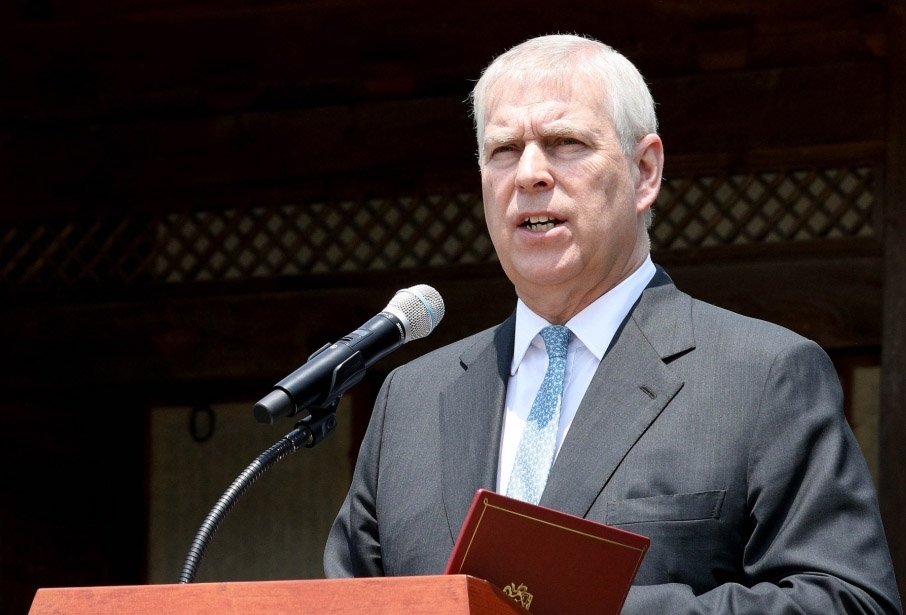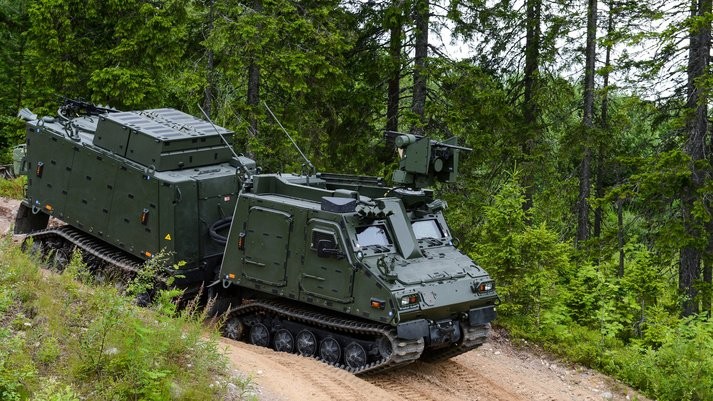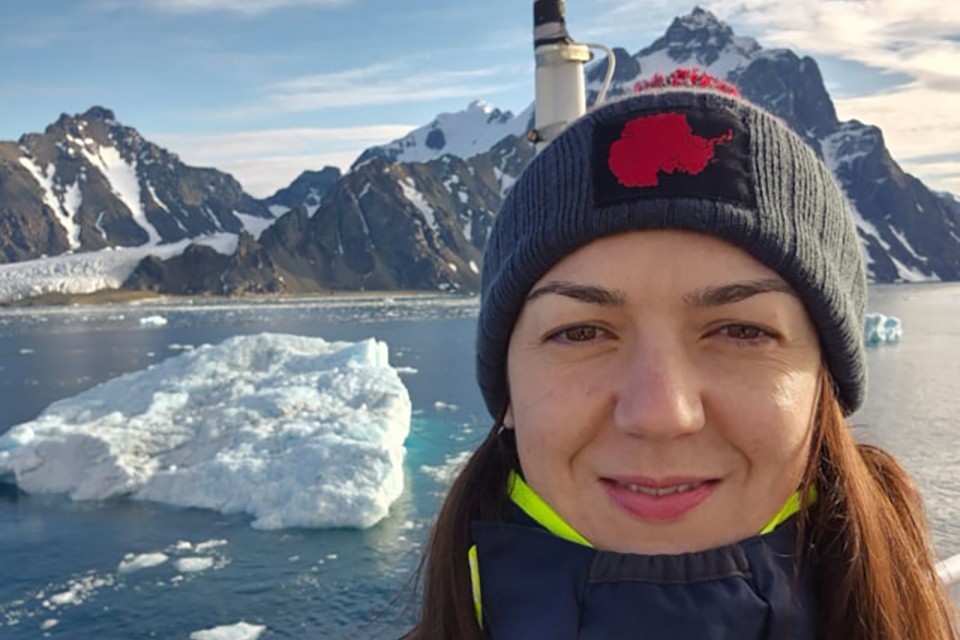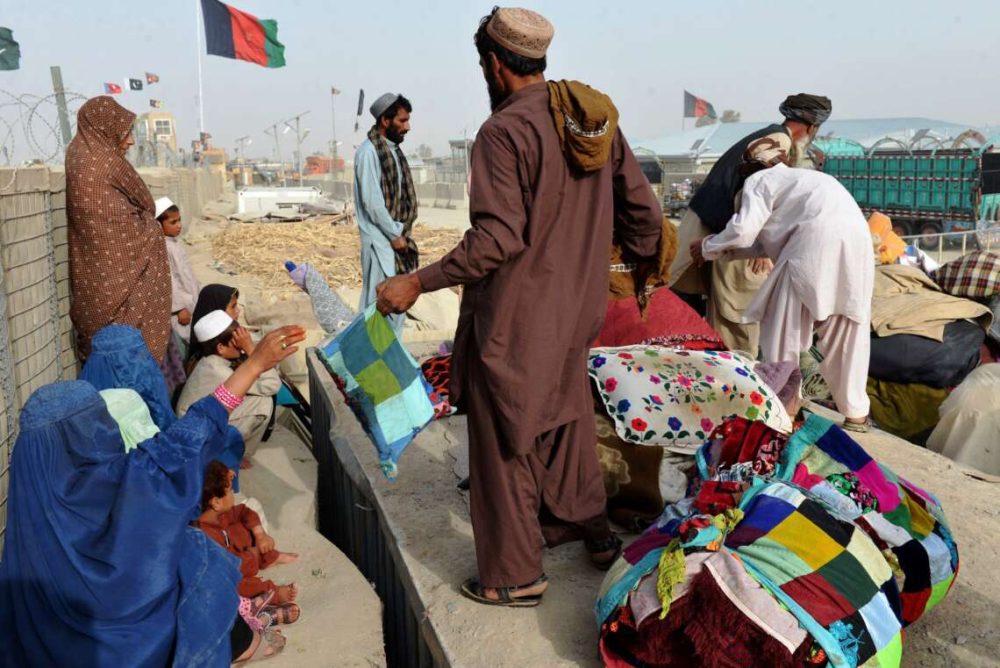Eight individuals and three organisations sanctioned as London condemns Kremlin’s policy of indoctrination and militarisation of minors in occupied territories…reports Asian Lite News
The United Kingdom has announced fresh sanctions against individuals and organisations linked to Russia’s policy of forcibly deporting and indoctrinating Ukrainian children, a practice widely condemned as a violation of international law.
On Tuesday, ministers confirmed that eight individuals and three entities affiliated with the Russian state have been targeted. The measures form part of Britain’s wider support for Ukraine and its strategy to hold Russia accountable for actions in the territories it has illegally occupied.
According to defence intelligence assessments, Moscow has pursued a long-standing policy of “Russification” in occupied regions, aimed at erasing Ukrainian cultural identity and weakening statehood. The strategy, first seen after Russia’s annexation of Crimea in 2014, is now being applied on a much larger scale.
Reports from the United Nations indicate that the Russian authorities have enforced a Russian curriculum in schools across occupied areas and introduced programmes designed to prepare children for military service.
It is estimated that more than 19,500 Ukrainian children have been forcibly transferred or deported to Russia and its proxy-held territories since the invasion began in February 2022. Of these, around 6,000 are believed to have been sent to a network of so-called “re-education camps”, where they are subjected to intensive propaganda and training.
These facilities are said to expose children to a curriculum that rewrites the history of both Ukraine and Russia, glorifies military actions, and fosters loyalty to the Kremlin. Some camps reportedly involve military-style exercises and drills, raising fears that minors are being prepared for future service in the Russian armed forces.
Foreign Secretary David Lammy described the policy as “despicable”, accusing President Vladimir Putin of weaponising children in an attempt to erase Ukrainian heritage.
“The Kremlin’s policy of forced deportations, indoctrination and militarisation of Ukrainian children demonstrates the depths of depravity to which President Putin will sink,” Mr Lammy said. “No child should ever be a pawn of war. That is why we are holding those responsible to account.”
The sanctions target organisations and individuals alleged to play key roles in implementing the policy. These include the Akhmat Kadyrov Foundation, which has been accused of running indoctrination programmes involving militaristic training. Its president, Aymani Nesievna Kadyrova – the mother of Chechen leader Ramzan Kadyrov, a close ally of the Kremlin – has also been personally sanctioned.
Others named include Valery Maiorov, head of the state-funded “Teenage Programs Center”, which encourages children in occupied Ukrainian regions to reject their national identity in favour of Russian patriotism. In addition, Anastasia Pavlovna Akkuratova, deputy director of children’s rights policy at Russia’s Ministry of Education, faces sanctions for her role in the state-organised Russification campaign.
Ministers argue that the deportation of children is part of Moscow’s wider effort to undermine Ukrainian sovereignty and force assimilation. British officials have drawn comparisons with Soviet-era practices, warning that cultural suppression and indoctrination form a key element of the Kremlin’s war effort.
Luke Pollard, the Armed Forces Minister, said the measures underscored the UK’s determination to resist such tactics.
“Putin continues to show he is not serious about peace, escalating military operations in recent weeks,” Mr Pollard said. “That is why it is vital we work with our allies to apply pressure and ensure Ukraine is in the strongest possible position, both on the battlefield and at any future negotiations.”
The UK’s latest sanctions add to a growing list of measures coordinated with Western allies against Russian officials, businesses and institutions. London has been among the most vocal supporters of Kyiv, committing £21.8 billion in assistance since the war began, including £13 billion in military aid and up to £5.3 billion in non-military support.
Officials in London insist that international pressure must continue until all deported children are returned. “This must be an unconditional action,” a government spokesperson said. “Those responsible for these policies must be held accountable.”
The forced transfer of children is regarded under international law as a potential war crime. In March 2023, the International Criminal Court issued arrest warrants for President Putin and Russia’s children’s rights commissioner, Maria Lvova-Belova, over similar allegations.
Human rights groups argue that the deportations are part of a broader pattern of violations, including unlawful detention, torture and suppression of Ukrainian culture in occupied areas. The UN has repeatedly called for the safe return of the children and greater access for international monitors.
The sanctions form part of what ministers describe as a “Plan for Change”, aimed at enhancing UK security through continued support for Ukraine. Officials argue that defending Ukraine’s sovereignty is not only a moral imperative but also a strategic one, preventing further instability in Europe.
“The UK stands firmly with Ukraine,” Mr Lammy stressed. “We will not tolerate the erasure of a nation’s identity, nor the exploitation of its children for war. The perpetrators of these heinous policies must face consequences.”
As Russia intensifies its military campaign, the plight of thousands of Ukrainian children caught in the conflict continues to draw global attention. For London, the latest measures are intended as both punishment and deterrent, signalling that those who participate in the deportation and indoctrination of minors will not escape scrutiny.


